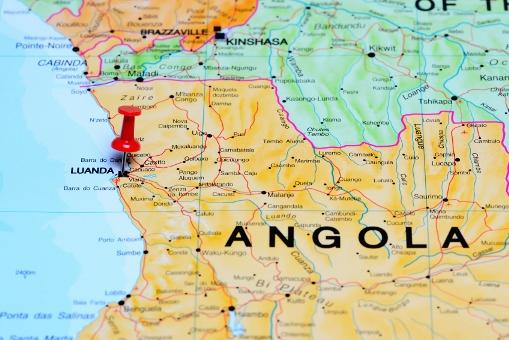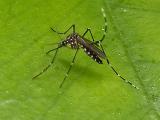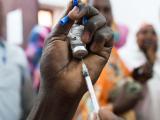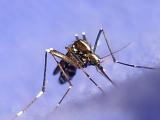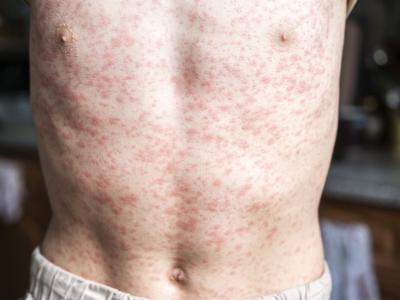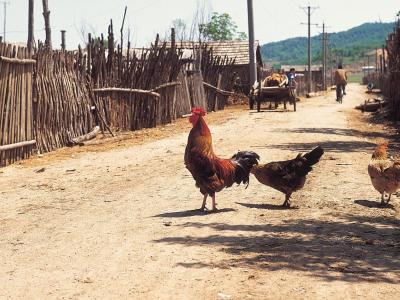Urban yellow fever outbreaks in Angola and the Democratic Republic of Congo (DRC) are a serious public health concern and warrant intensive response steps, but they don't constitute a public health emergency of international concern, a committee convened by the World Health Organization (WHO) said today.
The focus of yellow fever activity in Africa has shifted from West Africa, where targeted health initiatives and routine vaccination have dramatically dropped illness numbers, to central and East Africa. Explosive spread of the disease in Angola's highly populated Luanda district spilled over to DRC, where imported cases and a some local spread pose a similar threat to Kinshasa, another large urban area that is ripe for explosive spread.
Vaccine shortage
At a media telebriefing today at the conclusion of the emergency meeting, Bruce Aylward, MD, MPH, the WHO's executive director for outbreaks and health emergencies, said the outbreaks put a strain on the global yellow fever vaccine stockpile, which was another reason the WHO convened the group.
He said that, based on information presented to the emergency committee, the current outbreaks can be handled with the existing vaccine supply, with the global stockpile expected to increase from 6 million to 7 million by the end of the month. However, new urban-based outbreaks with similarly explosive spread could lead to another shortage, and the emergency committee asked the WHO Strategic Advisory Group of Experts (SAGE) on Immunization to rapidly weigh dose-sparing strategies, such as using a fraction of a dose.
SAGE members will identify several knowledge gaps related to stretching the vaccine supply, such as how long immunity persists, and how the fractional doses would be deployed, given that formulations vary by manufacturer, Aylward said. Another issue is how fractional doses would affect vaccine certification policies for travelers.
In yellow fever outbreaks, the priority is deploying the vaccine rapidly and reaching a high coverage level very quickly, which can be a challenge for resource-poor countries, he said. For example, it took weeks to get above the 90% vaccination level in Luanda, Angola's yellow fever hot spot.
The emergency panel today also recommended immediate application of the policy of one lifetime dose of yellow fever vaccine. In 2014, the World Health Assembly passed a resolution that one dose is enough to provide sustained protection and that a booster dose, typically given every 10 years, isn't needed.
Country-specific advice
Oyewale Tomori, DVM, PhD, emergency committee chair, said at the press briefing that the group's concerns were serious enough to warrant advice to affected countries. The group urged Angola and DRC to accelerate their surveillance, vaccination, risk communication, vector control, and case management response steps.
Bordering countries and others at risk should intensify their surveillance and preparedness and verify yellow fever vaccination in travelers, the group said.
It also urged countries to ensure that travelers, especially migrant workers, to and from Angola and DRC be vaccinated against yellow fever and to rapidly manage any yellow fever importations. China and Kenya have both reported yellow fever cases imported from Angola.
WHO emergency committees typically reconvene every 3 months or more frequently as needed.
See also:
May 19 WHO yellow fever emergency committee statement
May 13 CIDRAP News story "Yellow fever expands in Angola; vaccination set for DRC, Uganda"
